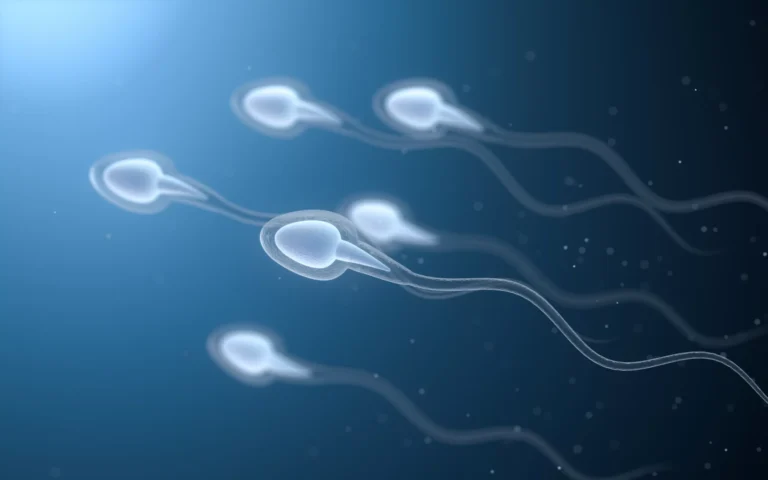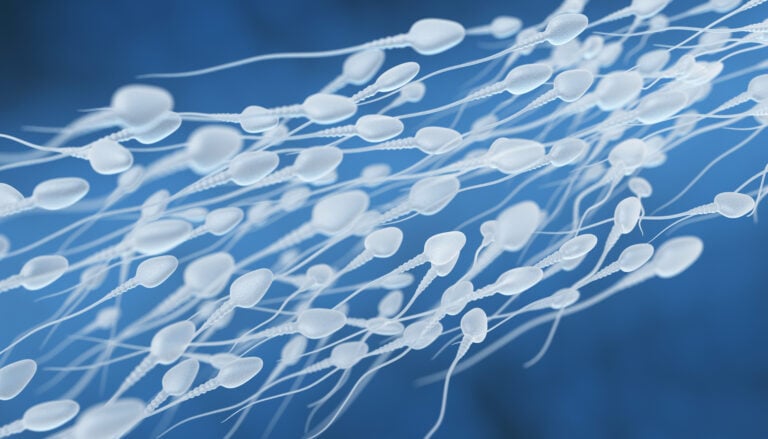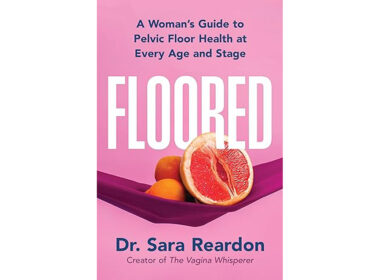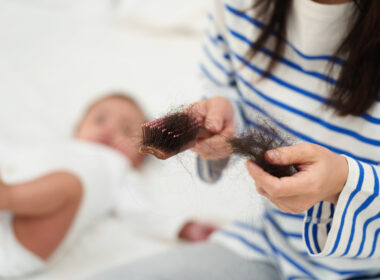What causes infertility?
There can be many different factors that lead to infertility. For individual couples, there may be a single cause, but fertility is complicated and sometimes a collection of factors may be involved. Causes can be congenital, anatomical, or hormonal in origin. Diet and lifestyle also have a major impact on one’s fertility, as does one’s age, past history of birth control use, and the use of certain other pharmaceuticals. Sometimes, doctors fail to identify a cause of infertility, leading to the frustrating diagnosis of “unexplained” infertility.
Is infertility treatable?
Yes! Certain causes of infertility, such as hormonal imbalances, can be effectively treated using bioidentical hormones, fertility-boosting vitamins and supplements, and/or making diet and lifestyle changes. Sometimes, simply learning more about one’s cycle (so that intercourse can be carefully targeted) can be enough to help a couple finally conceive. If you have a condition such as polycystic ovary syndrome (PCOS) or endometriosis, which can make it more difficult to conceive, getting treatment for the condition can sometimes improve fertility.
Is infertility curable?
Some forms of infertility may be curable. Structural anomalies like blocked fallopian tubes in women or varicocele in men are two examples of issues that make it difficult (or impossible) to conceive, that can be surgically corrected.
Is infertility due to the woman or man?
Women and men can both suffer from infertility. While women are often the main targets for treatment, it is estimated that at least 20-30 percent of cases are solely due to male factor infertility, and that combined with female factor, male factor contributes another 30-50 percent of all infertility cases globally.
When should I see a doctor for infertility?
How soon you should see a doctor will depend on a variety of factors. For example, your age, whether or not you’ve been charting/having targeted intercourse, how long you’ve been having contraceptive-free sex, and whether or not you have a known reproductive disorder such as endometriosis or PCOS can all have implications for how soon you should seek treatment. Many doctors will suggest intrauterine insemination (IUI) or in vitro fertilization (IVF) if a couple has been struggling to get pregnant, but a couple should never feel pressured into artificial reproductive technology (ART) procedures that are often extremely costly, and may not work.
How do couples conceive when they stop trying?
We’ve all heard the stories of how couples suffering from infertility–sometimes for years—”magically” conceived once they decided to adopt, used their baby savings fund on something fun, or simply decided to stop trying. It’s such a common anecdote, that one couple who experienced the phenomenon for themselves finally decided to look into why it might have happened—and from that, Organic Conceptions was born.
Find more articles about infertility, and how fertility awareness and restorative reproductive medicine can help, below.
-

Is it time to rethink Clomid as an infertility treatment?
By Kristen Curran • August 3, 2023Modern medicine often has things backwards when it comes to women’s health. Far from “regulating” hormone levels, hormonal… -

Light elimination therapy for infertility
By Clare Sharp • May 5, 2023If you’re TTC, turn out the lights! -

Natural treatment options for male infertility
By Clare Sharp • February 10, 2023In a separate article, I covered the debate on whether worldwide decreasing sperm counts are cause for concern… -

Male infertility: are low sperm counts a big deal?
By Clare Sharp • February 10, 2023Sperm counts in human males have been dropping worldwide for years, but how big a problem is that?… -

Could chronic endometritis be causing your infertility?
By Mary Fagan • March 4, 2022If you suffer from infertility and have undergone a diagnostic workup, you may already know that your infertility… -

How Fertility Awareness and Gentle Nutrition can Assist in Eating Disorder Recovery—and Maybe Infertility, Too
By Cassondra Moriarty • August 21, 2020Many girls are taught in their middle- or high-school health education classes that eating disorders look one of… -

Can birth control cause infertility? Yes… and no
By Gerard Migeon • February 1, 2021Some women who have struggled with getting pregnant wonder if their past use of birth control might have…







